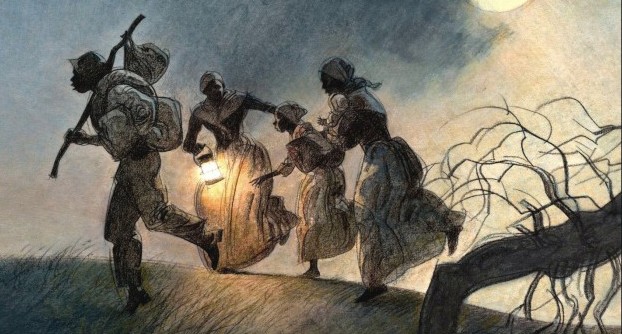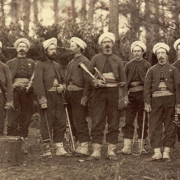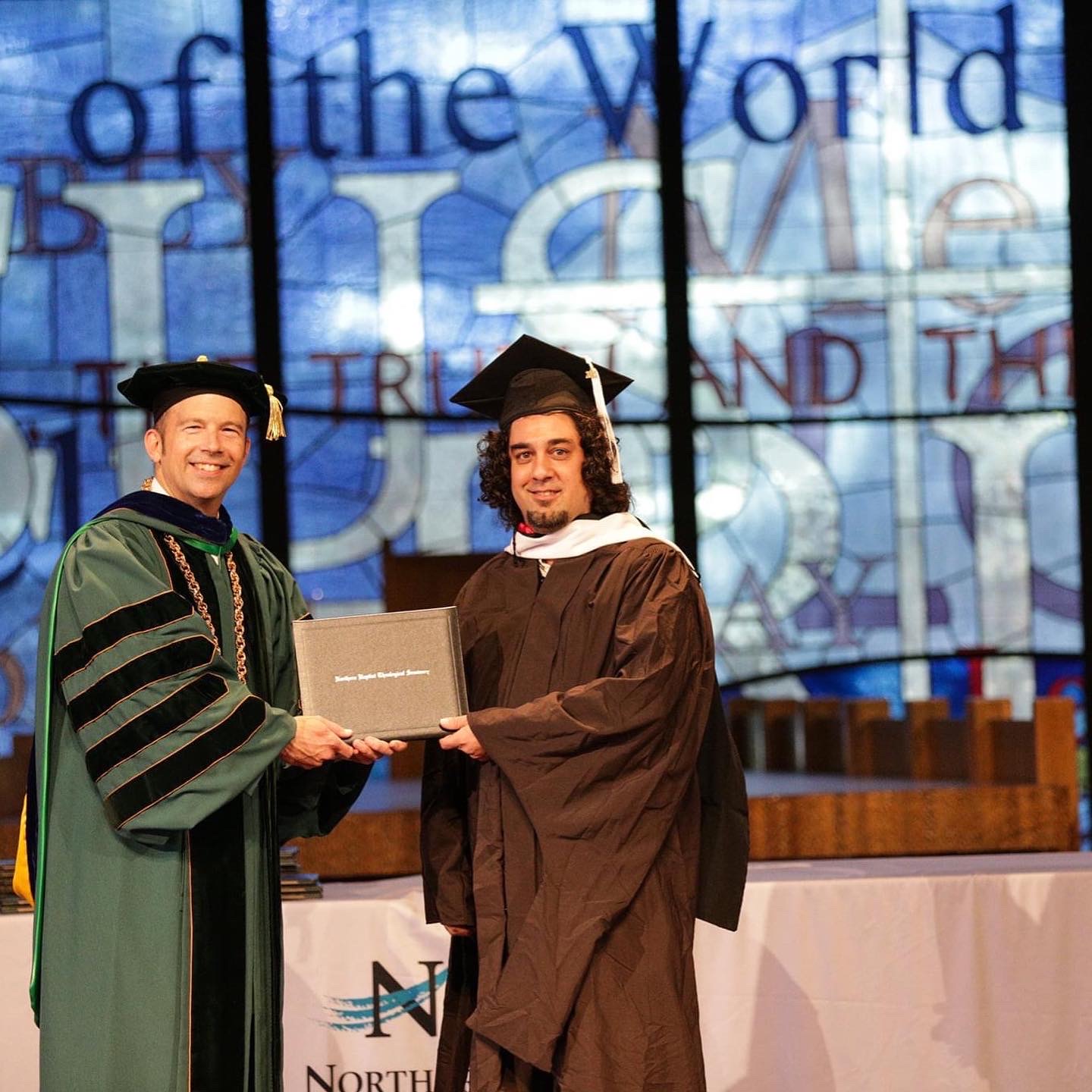Is there a balm in singing the spirituals, and if so, who should sing them?
This article originally appeared on August 11, 2021 at Baptist News Global.
In the heart of the Bloomfield neighborhood in Macon, Ga., our Baptist church and school served as the place where 300 white people came every Sunday for church and throughout the week for school.
On Sunday, we had a bus ministry that provided a church service for Black kids on the other side of the parking lot in the gymnasium. They were not to cross the parking lot to attend the service in the main auditorium. And on the one Sunday they did, there were complaints from some of the older white members of the church.
Throughout the week, we attended classes while hearing the sounds of guns and canons firing across the street at the Civil War reenactments. The Civil War, we were taught, was not about slavery, but about “state’s rights” against the same “big government” that Bill Clinton and the Democrats were promoting at the time. We were taught that God decreed at the Tower of Babel that the races were to remain distinct, and that Black people descended from Noah’s cursed grandson Ham.
Our conservative evangelical white culture was completely segregated from the culture of our Black neighbors.
But then on Tuesdays and Thursdays, a group of 15 white teenagers would file into the choir room to sing our favorite song, the old spiritual “Little Innocent Lamb.”
We didn’t know anything about the song or about spirituals in general. In fact, we probably could count on one hand the number of Black people we knew, despite the fact that our campus was surrounded by predominantly Black neighborhoods. But the song had a great rhythm and a fun sound. And so it became our little white choir’s greatest hit.
Is cultural appropriation ever acceptable?
Over the past 10 years, as technology and social media have converged in our worlds, a discussion within the academic and religious worlds of choirs has been growing regarding whether it is appropriate for white choirs to sing songs that were written in Black communities or in the context of the Black American experience.







Leave a Reply
Want to join the discussion?Feel free to contribute!